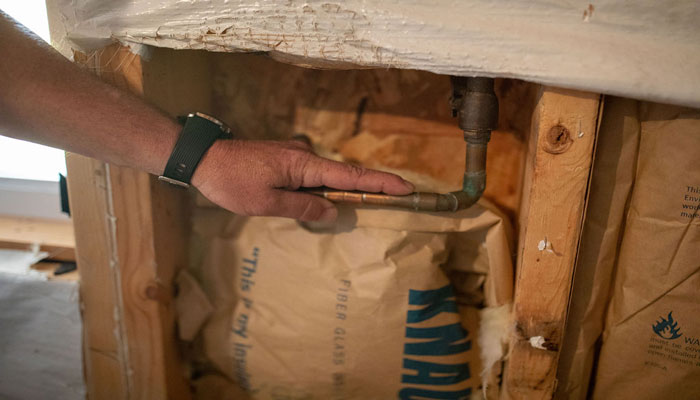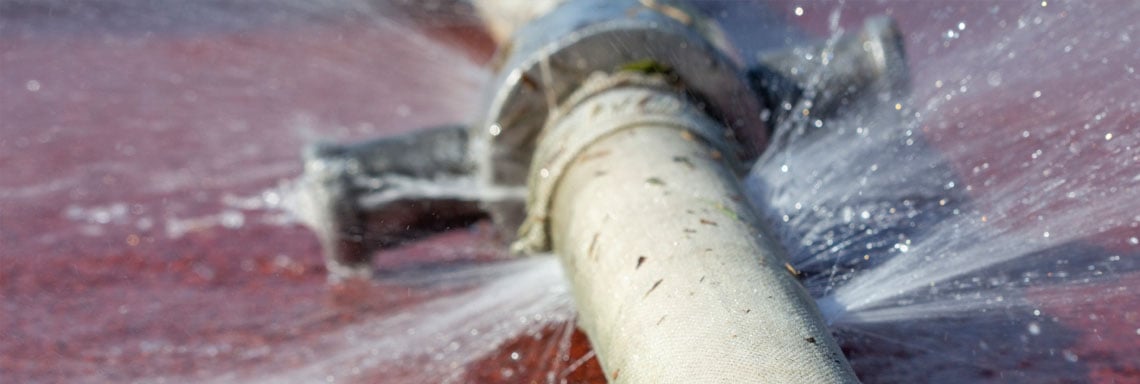Fixing Flood Damage Caused By a Pipe Burst - Expert Guidance
Fixing Flood Damage Caused By a Pipe Burst - Expert Guidance
Blog Article
Have you been looking for critical info concerning Do s And Don ts For Homeowners Managing With Water Damage?

What should you do if a water pipe bursts in your home? Do you want a mini-waterfall and also flooding in an area of your house? If you find yourself in this scenario, you must act quickly. The longer you wait, the extra extreme the damages that can happen to your residential property. The presence of mind is type in these events. For these factors, you need to find out exactly how to act in case of a ruptured water pipe. Because time is of the essence, examine out the following pointers listed below to assist you act fast.
Shut Off the Main Waterline Shutoff
The first thing to do? Close the shut-off valve. Seek the local shut-off valve to turn off the water in one details location only. Go for the primary water line valve and turn it off if you don't understand where the local shut-off valve is. This action will remove the water promptly in your whole residence. Usually, the major valve is located outside the home alongside the water meter. If it's not there, you can also locate it in 2 places: in the cellar at eye degree or the first floor on the ground. Normally, builders put the shut-off shutoff in the main ground level shower room or appropriate beside it.
Call Water Damages Repair Pros for Aid
After closing the water source, call the specialists for assistance. With their specialist help, you can protect against a lot bigger water damages including deformed baseboards, loose floor tiles, or harmed structures.
Paper the Damage For Insurance policy
While you're waiting for the pros to arrive, get some documents of the damage triggered by the wayward pipeline. Do close-up shots of the harmed belongings as well as spots.
Salvage Points That Can Be Conserved
Analyze the harmed products as well as take out the most important ones from the pile when you're done taking pictures. Dry them off in a dry/warm area far from the broken area and attempt to preserve them as long as you can. Drag as much wetness as you can to the product so it can begin to dry out.
Begin the Drying Refine
You need to begin the drying out process immediately. Thankfully, the water from your waterlines is already tidy so you don't need to stress over sewage system water. Nonetheless, the moving water may have disrupted the dust as well as particles in your floorboards and also carpets. In this case, put some handwear covers on and start some troubleshooting. Usage containers to discard out the water. Blot out as much water as you can from the surfaces with old towels. Switch on an electrical follower or open your home windows to promote air blood circulation. These steps will certainly quicken to dry and discourage mold and mildew and also mold development.
Professionals are the only people certified to evaluate correctly and also deal with the burs pipelines as well as subsequent damage. As always, pipelines don't just all of a sudden break out of the blue. They generally give quiet warnings like bubbling paint, water stains. Strange noises in the plumbing, caving ceiling, musty odor, or peeling wallpaper. Take note of these signs and do some safety nets so you can nip any type of problems in the bud.
What should you do if a water pipe ruptureds in your home? For these reasons, you need to find out exactly how to act in the event of a burst water pipe. After closing the water resource, call the experts for help. With their specialist aid, you can protect against a lot larger water damage consisting of warped baseboards, loosened floor tiles, or damaged structures. Fortunately, the water from your waterlines is currently clean so you do not have to stress regarding sewer water.
Water Pipe Burst: Steps You Need to Take Now
Freezing Temperatures
If you live in a climate where temperatures drop below freezing, be aware of the heightened potential for pipe problems.
When temperatures drop, the water inside your pipes may turn to ice. As more water trickles in, the frozen area grows and the frozen water expands.
Over time, the pressure may be too much. Bonds in the pipe weaken and cracks form. When the ice finally melts, the temperature change can shatter both the ice and the surrounding pipe. If the pressure is strong enough, the pipe bursts.
Rust and Corrosion
Corrosion is another common cause of burst pipes. Rust and corrosion build up inside pipes, especially in older homes and in areas where water has a high iron content.
Over time, the corrosion weakens pipes, leading to an increased chance of a burst. Steel pipes are especially susceptible to rust.
To prevent rust and corrosion, replace steel pipes with plastic or copper. These types of pipes tend to resist corrosion longer.
Tree Roots
When trees around your home grow taller, their roots grow downward and outward, too. Sometimes, roots come in contact with water pipes.
In a battle between tree roots and pipes, the roots usually win. As roots continue to grow and press against the pipes, the pipes crack, leading to leaks.
To keep roots from encroaching, be sure to plant trees far from your water pipes. Choose slow-growing tree varieties that have small root balls.
If trees are already encroaching, you may try to add a physical or chemical barrier to prevent roots from accessing pipes.
Clogs
You already know that clogs can back up your sink and shower drains. But did you know that they can lead to burst pipes, too? A clog can cause water pressure to build up behind it, especially if it s deep within the system.
That s why it s important to be mindful of what gets poured down the drain, goes into the garbage disposal, and flushed down the toilet. Limiting drains to water and approved materials can help prevent deep clogs.
What Happens When a Water Pipe Bursts?
Speaking of water damage, what happens after a water pipe burst? The bad news is that, if left unrepaired for too long, a burst pipe can result in serious damage to your home.
First, there s mold growth. After just three days, mold and mildew can start to grow. Mold loves dampness; if the water sits too long or areas don t get thoroughly dry, mold can take over.
Mold exposure has been linked to respiratory problems. It s especially bad for those with allergies or asthma, as it can exacerbate both issues.
If you want to sell your home, mold can really throw a wrench in your plans. It s important to prevent the growth of this toxic substance.

We had been brought to that editorial about Rules For Handling Water Damage through an associate on another web page. Loved our blog posting? Please share it. Let others discover it. Thanks a lot for your time spent reading it.
Fast and effective, call! Report this page